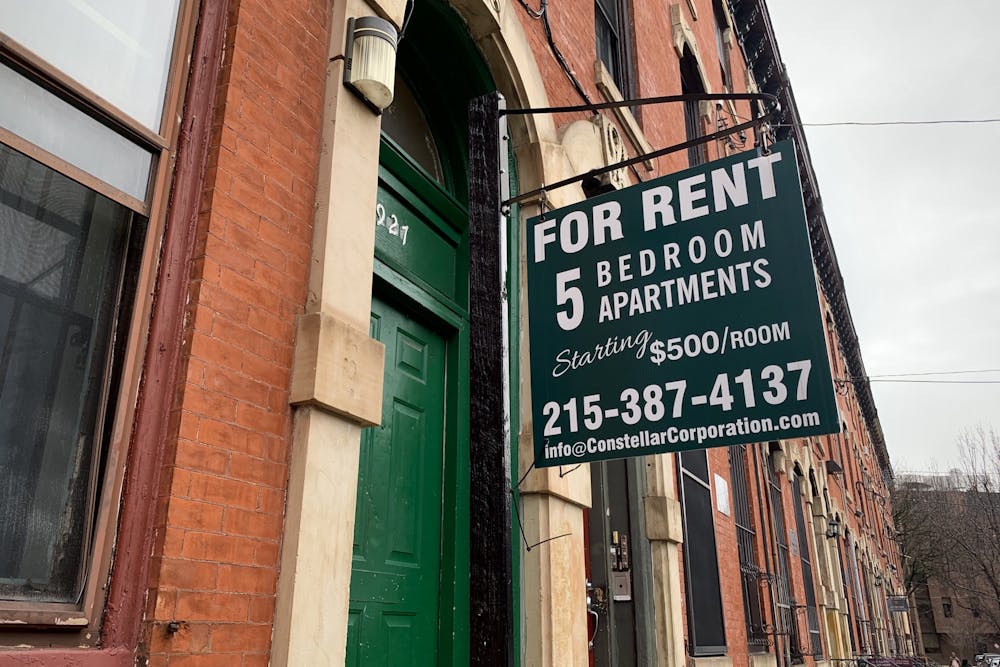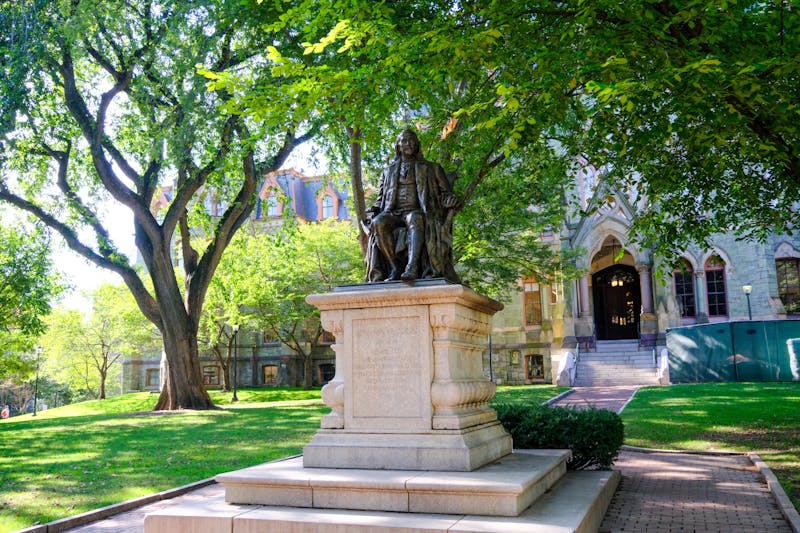
On Friday, five of six bills in the Emergency Housing Protection Act were advanced out of committee, taking the first steps toward providing aid for Philadelphia's most vulnerable renters.
The Emergency Housing Protection Act is a package of bills intended to provide relief to renters affected by the COVID-19 pandemic. Of the six bills in the Act, five were approved by the City Council’s Committee on Housing, Neighborhood Development, & the Homeless. The bills were introduced by Councilmembers Kendra Brooks, Jamie Gauthier, and 1993 College graduate Helen Gym.
“The bills we’re here to vote on today aim to keep people safe and healthy in their homes, ensure landlords get paid, and reduce strain on city resources,” Gauthier said at the City Council meeting.
“They give renters struggling as a result of this crisis time and protection while putting their lives back together, so they don’t have the traumatic threat of homelessness hanging over their lives [every day],” she said.
The approved bills would extend the eviction moratorium for sixty days after the state of emergency order was lifted on June 4, create a repayment plan for renters with financial difficulties, and require mediation between landlords and renters before eviction, City Council News reported. The bills would also waive late fees on rent during the pandemic and for two months afterward, and allow renters who are illegally locked out to recover damages.
The sixth bill, which the Committee voted down in a four to three vote, would have stabilized rent costs by limiting landlords from increasing rent during the pandemic and for one year afterward.
Penn students affected by the pandemic have expressed concerns about rent costs for off-campus housing and experiences negotiating with landlords about financial difficulties and their summer and fall leases.
Philadelphia renters, however, have faced issues with eviction for years, long before the COVID-19 pandemic began to affect the city. One in 14 Philadelphia residents face eviction each year, and Philadelphia ranks fourth nationally in the number of eviction filings. Evictions are also strongly tied to race — women of color comprise 70 percent of evictions in Philadelphia, and Black renters are more likely to be evicted than other populations.
“Unless we act, unless we intervene, Black Philadelphians will bear the brunt of an unprecedented wave of evictions once emergency orders are lifted and the courts reopen,” Gauthier said. “This is a moment, with everything going on in our city, that calls for bold, compassionate, and progressive action.”
The Emergency Housing Protection Act will be up for a full vote in City Council by June 18.
During the Committee meeting, Philadelphia residents and local housing and evictions experts provided testimony in support of the Act and emphasized the urgency of implementing measures to protect residents during a pandemic.
Victoria Lambert, a Philadelphia renter who previously experienced homelessness and is now facing eviction, told the Committee how the package of bills would provide her relief while she looks for a job, which she lost during the pandemic.
“Raising rent during this crisis is so detrimental to tenants who need to catch up on what we already owe,” Lambert, who lives with her son, said. “It’s so hard to move away from unfair rent increases during regular times, and the new challenges of COVID [will] make our eviction rate even higher.”
Other cities with a high number of evictions, such as New York City and Indianapolis, have extended their eviction moratoriums. New York’s eviction moratorium lasts until August 20, with restrictions, and Indianapolis is preventing state evictions due to nonpayment of rent until June 30.
The Daily Pennsylvanian is an independent, student-run newspaper. Please consider making a donation to support the coverage that shapes the University. Your generosity ensures a future of strong journalism at Penn.
Donate






